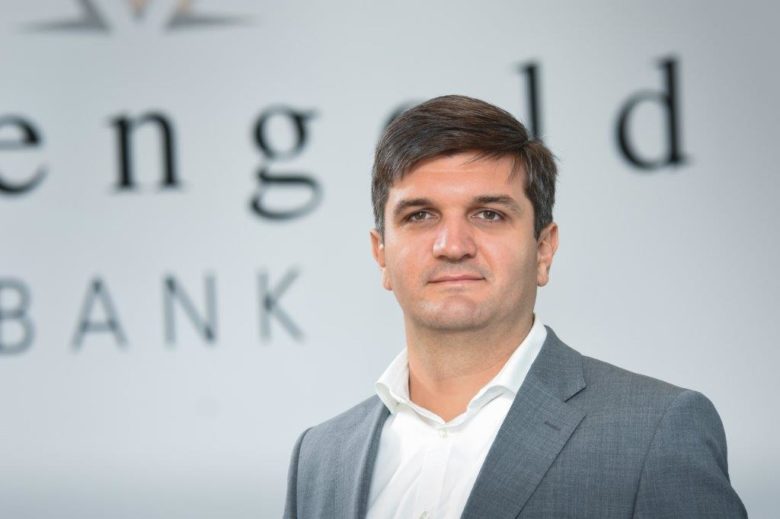Investing During Crisis Vol. 4 With Sergey Pantеleev: Some P2P Lending Platforms Stand The Chance Of Gaining Market

Where to put savings to keep them safe during a crisis? When’s the right moment? Isn’t the crisis actually an opportunity? If you’ve been recently looking at the cryptocurrency market or considering putting cash into gold or real estate, this new series may come right on time. We invite opinion leaders to share some thoughts on investments during the COVID-19-related situation.
Sergey Pantеleev, General Manager of Varengold Sofia, the Bulgarian branch of the German bank, that entered the market two years ago with the proposition to invest in fintech companies and p2p platforms in particular. Last year, Varengold closed a €750K investment deal with the Bulgarian peer-to-peer lending platform Klear. Panteleev himself holds a master’s degree in Investment Banking from Boconi and has more than 12 years of successful experience in working with local and international financial institutions, represented in CEE and Bulgaria. Prior to Varengold, he headed the business development of Unicredit Bulgaria.
Trending Topics: What is the impact of coronavirus over P2P lending business and to what extent is it appropriate now to invest in P2P platforms from investors’ point of view?
Sergey Pantеleev: What is certain is that in the short term the economic downturn would inevitably affect P2P platforms, particularly those ones that are at the forefront of funding the small businesses. The negative effects, however, will not be distributed proportionately among all the players. Furthermore, not all the P2P platforms will suffer. Some of them even stand a chance to gain additional market positions and trust.
What exactly do you mean? Which will be the p2p winners and losers?
I expect that investors all over the world will reevaluate their assets carefully, liquidate their risky exposures and look for more secured, risk-averse yield. On the one side, this is a great opportunity for the strong P2P lending platforms to show investors they can deliver superior returns and at the same time protect their capital in a very volatile market. The features of these strong P2P online lenders with sustainable business models are the following: historically they have grown gradually, targeted predominantly prime borrowers with good credit history and maintained a qualitative loan portfolio with a very low NPL ratio that means that only a very small amount of loan repayments are overdue or in default.
Additionally, from the lenders’ point of view, strong P2P platforms are those that are backed not only by retail investors but by institutional ones as well that provide them with additional security that the capital invested in them will not fly away.
On the other side, investors will avoid P2P platforms that have targeted subprime borrowers, grown aggressively and unsustainably and have already accumulated high NPL ratios. It’s realistic to assume the volume of NPLs and loan impairments for these platforms will further go up in the next few months while at the same time their liquidity will be squeezed.
What are your expectations in the mid- and long-term?
Strong P2P lenders are well-positioned to survive in the current crisis and stand the chance to prove their concepts and gain even more trust from the investors. Therefore, I believe they will emerge from this recession even stronger. I see one more good opportunity for them in the current situation: P2P lending platforms are usually fully digital and do not require physical interactions with their clients. If the current contamination goes on longer than the expectations and in case of a severe recession, they could become particularly reliable in funding good lending opportunities and there will be even higher demand on the borrower side for what P2P lending can offer. Even now there is still an undersupply of lending capital to solvent SMEs and consumers and there will always be a market for P2P lending supplying that. Furthermore, I believe P2P lending platforms could work closer with traditional banks. which usually slow down their lending activities during recessions. P2P lending platforms could be their perfect match in an age of diminished expectations.
This may also interest you:
































